- Have any questions?
- +86-189 8930 5995
- sales@mosinterchem.com.cn
Brivanib Alaninate (Bms-582664) CAS 649735-63-7

Tozasertib CAS 639089-54-6
14/12/2018
Regorafenib CAS 755037-03-7
14/12/2018| Model: | MOS 649735-63-7 |
| Place of Origin: | Shandong,China (Mainland) |
| Molecular Formula: | C22H24FN5O4 |
| Content: | 98% |
| Molecular Weight: | 441.46 |
| Specification: | CP/USP/EP |
Brivanib Alaninate (Bms-582664) (CAS: 649735-63-7)
| Item | Index |
| Molecular Formula | C22H24FN5O4 |
| Molecular Weight | 441.46 |
| Specification | CP/USP/EP |
| Content | 98% |
Brivanib Alaninate (Bms-582664) (INN/USAN) also known as BMS-582664 is an investigational, anti-tumorigenic drug for oral administration. The drug is being developed by Bristol-Myers Squibb for the treatment of hepatocellular carcinoma or HCC (also called malignant hepatoma), the most common type of liver cancer. Hepatocellular carcinoma is a primary cancer of the liver and is more common in men than in women. The disease occurs mostly in people who have scarring of the liver (cirrhosis) or after infection with hepatitis B or hepatitis C. Symptoms include pain and swelling in the abdomen, weight loss, weakness, loss of appetite and nausea. Hepatocellular carcinoma is a severe and life-threatening disease that is associated with poor overall survival. [2] While the choice of treatment depends mainly on how advanced the disease is, the only proven therapies to cure the cancer is surgery to remove the tumor and liver transplantation, but these therapies can only be carried out in very few patients. Other treatments include chemotherapy andimmunotherapy. Radiofrequency ablation and ethanol injection are also used to remove small tumors.
As a result of poor liver function, metastases, or both, only 10% to 20% of patients undergo surgery. In patients having surgery, the 5-year survival rate is only 25% to 50%. Several chemotherapeutic agents have been evaluated for the treatment of hepatocellular carcinoma. Doxorubicin (trade nameAdriamycin; also known as hydroxydaunorubicin), the most widely used agent in HCC, has shown a 4% to 10.5% response rate in patients with HCC. Studies have shown that the overall response (OR) rate, but not overall survival (OS), doubles when doxorubicin was given in combination with cisplatin, IFN, and 5-fluorouracil. The multitargeted tyrosine kinase inhibitor sorafenib (trade name Nexavar), which inhibits vascular endothelial growth factor receptor (VEGFR), platelet-derived growth factor receptor, raf, c-kit, and flt-3, has been shown to inhibit HCC-induced proliferation and angiogenesis. Sorafenib has also been shown to provide a significant improvement in OS in patients with HCC. Based on these results, researchers concluded that this class of agents may be effective in the treatment of HCC. Brivanib alaninate also inhibits VEGFR and fibroblast growth factor receptors (FGFR), which is known to play a major role in the etiopathogenesis of HCC. To date, brivanib alaninate has been investigated in 29 studies, including more than 4,000 patients around the world.
Biological activity
Brivanib is the alanine ester of a VEGFR-2 inhibitor BMS-540215 and is hydrolyzed to the active moiety BMS-540215 in vivo. BMS-540215, a dual tyrosine kinase inhibitor, shows potent and selective inhibition of VEGFR and fibroblast growth factor receptor (FGFR) tyrosine kinases.
BMS-540215 is an ATP-competitive inhibitor of human VEGFR-2, with an IC50 of 25 nmol/L and Ki of 26 nmol/L. In addition, it inhibits VEGFR-1 (IC50 = 380 nmol/L) and VEGFR-3 (IC50 = 10 nmol/L). BMS-540215 also showed good selectivity for FGFR-1 (IC50 = 148 nmol/L), FGFR-2 (IC50 = 125 nmol/L), and FGFR-3 (IC50 = 68 nmol/L). Furthermore, BMS-540215 has been shown to selectively inhibit the proliferation of endothelial cells stimulated by VEGF and FGF in vitro with IC50 values of 40 and 276 nmol/L, respectively.[6][7] It also shows broad-spectrum in vivo antitumor activity over multiple dose levels and induces stasis in large tumors, suggesting that it may have a role in the treatment of hepatocellular carcinoma (HCC).
Pharmacokinetic and pharmacodynamic profiles
BMS-582664 was originally prepared in an effort to improve the aqueous solubility and oral bioavailability of the parent compound BMS-540215. Both BMS-540215 and its orally active ester prodrug BMS-582664 (brivanib alaninate), demonstrate broad-spectrum in vivo antitumor activity over multiple dose levels as well as being effective at inducing stasis in large tumors. Brivanib alaninate can also be safely dosed in combination with other targeted and cytotoxic medicine including paclitaxel resulting in enhanced antitumor activity as observed by a long period of tumor growth inhibition. Overall survival was significantly extended by brivanib versus sorafenib, both first- line and when second.
Mechanisms of action
The exact mechanisms by which brivanib treatment induces growth inhibition are not well understood. Ongoing research has shown that brivanib affects the host endothelium based on both in vitroand in vivo effects). Brivanib may prevent the tumor mass from expanding by cutting off the supply of nutrients and growth factors to the tumor cells.
A recent study showed that brivanib effectively inhibits tumor growth and that brivanib-induced growth inhibition is associated with inactivation of VEGFR-2, increased apoptosis, a reduction in microvessel density, inhibition of cell proliferation, and down-regulation of cell cycle regulators, including cyclin D1, Cdk-2, Cdk-4, cyclin B1, and phospho-c-Myc. Based on this study, researchers have concluded that cell cycle arrest due to a reduction in positive cell cycle regulators may be responsible for the observed growth inhibition. The same study showed that treatment with brivanib also led to a decrease in the number of proliferating cells compared with control.
Dosing
Doses required for achieving complete tumor stasis do not produce overt toxicity as defined by weight loss, mortality or unkempt appearance and behavior. The prodrug brivanib alaninate, which is completely hydrolyzed to BMS-540215 in vivo, has pharmacokinetic properties suitable for once a day or twice daily oral dosing. Completed and ongoing clinical trials show that brivanib alaninate appears to be tolerable and may exhibits favorable pharmacokinetic and pharmacodynamic profiles with evidence of target inhibition in surrogate tissues. Clinical and pharmacodynamic data support an oral once daily administration at 800 mg. The investigational drug shows promising activity as single agent in HCC. Brivanib also shows promising activity in combination withcetuximab in colorectal cancer. Further evaluations are currently ongoing.
Safety profile
Ongoing clinical trials have shown brivanib to have a manageable safety profile. The trial drug is one of the first agents to demonstrate promising antitumor activity in advanced HCC patients treated with prior sorafenib.
Adverse reactions
In clinical trials, brivanib was generally well tolerated. The most common adverse events included fatigue, hypertension, and diarrhea.
You must be logged in to post a review.
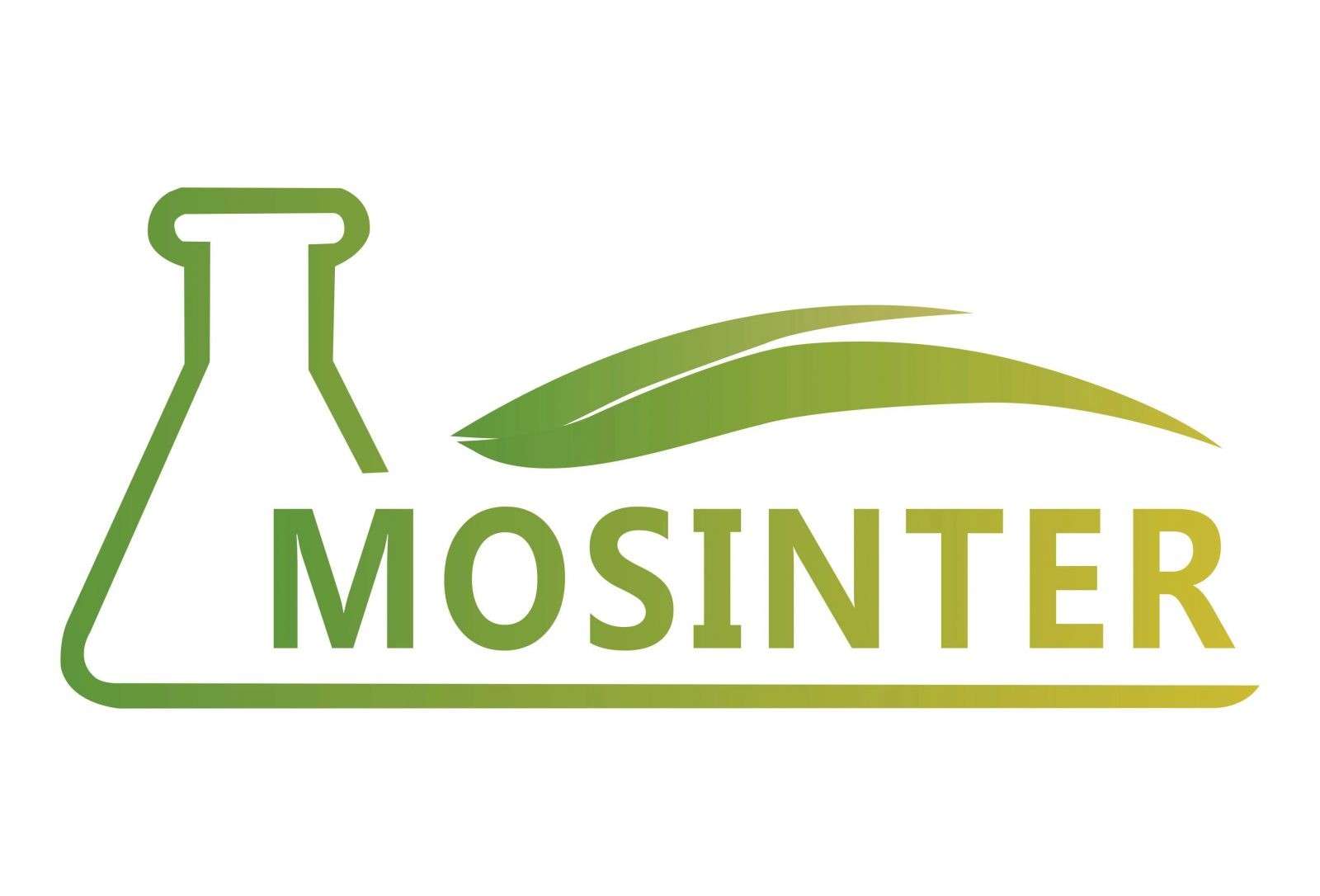
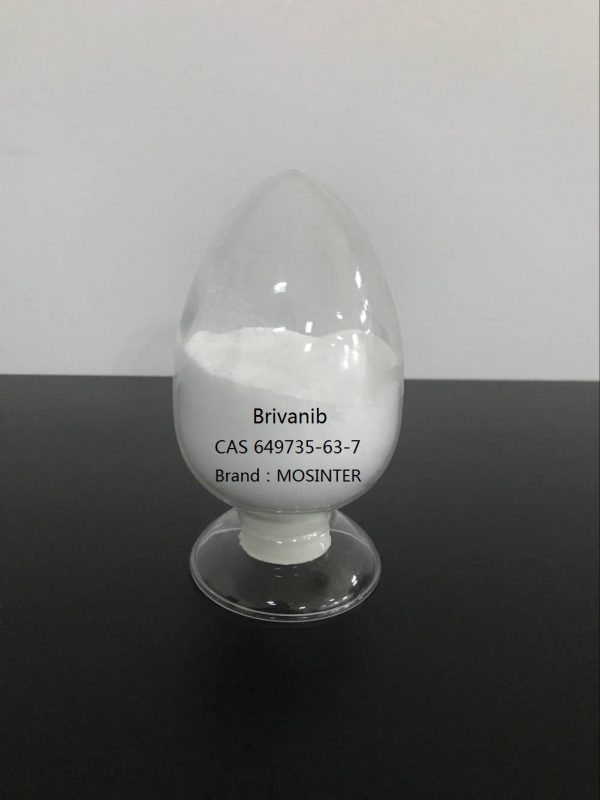
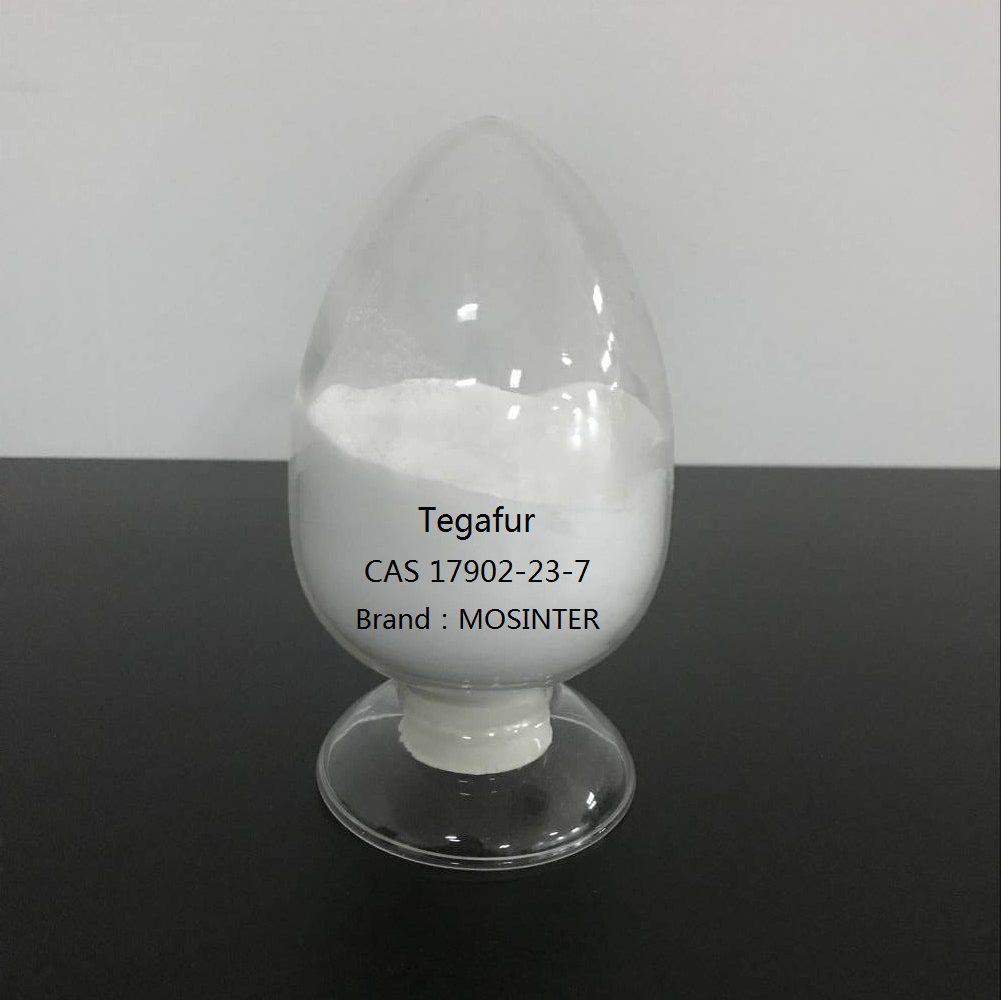
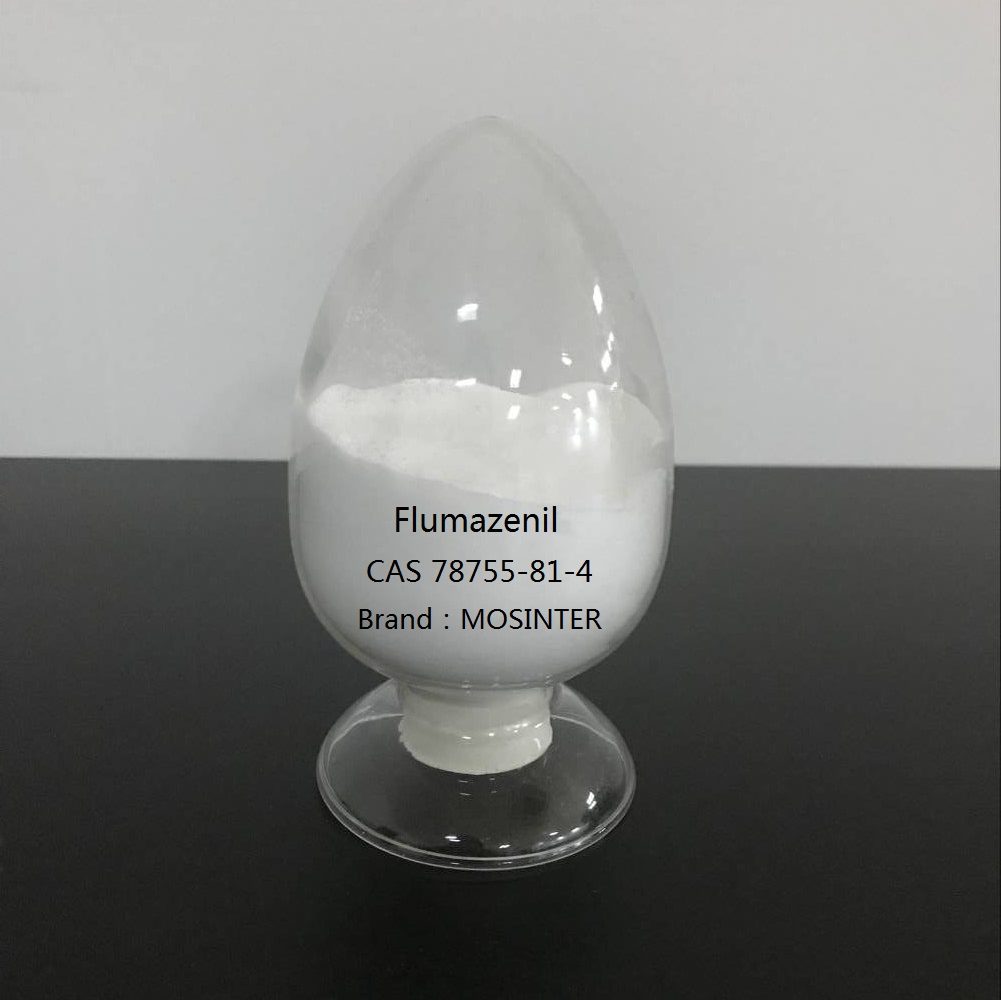
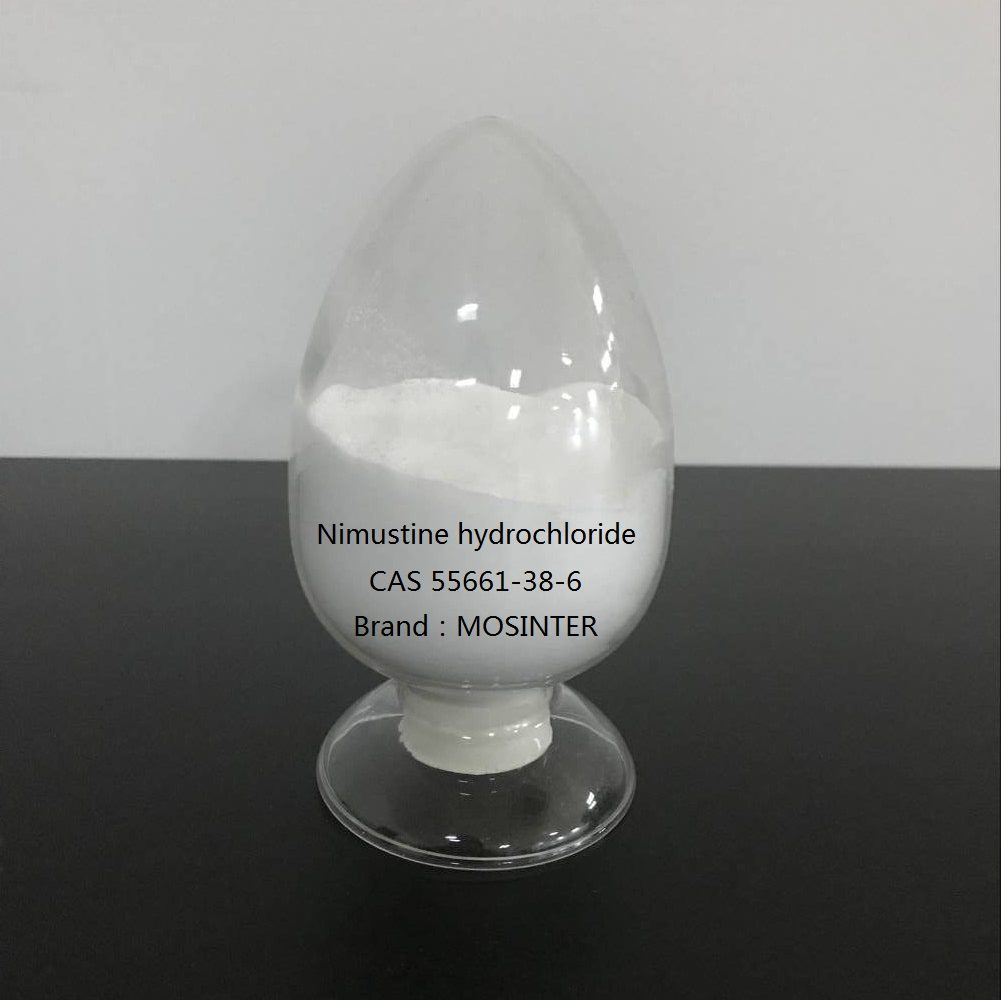
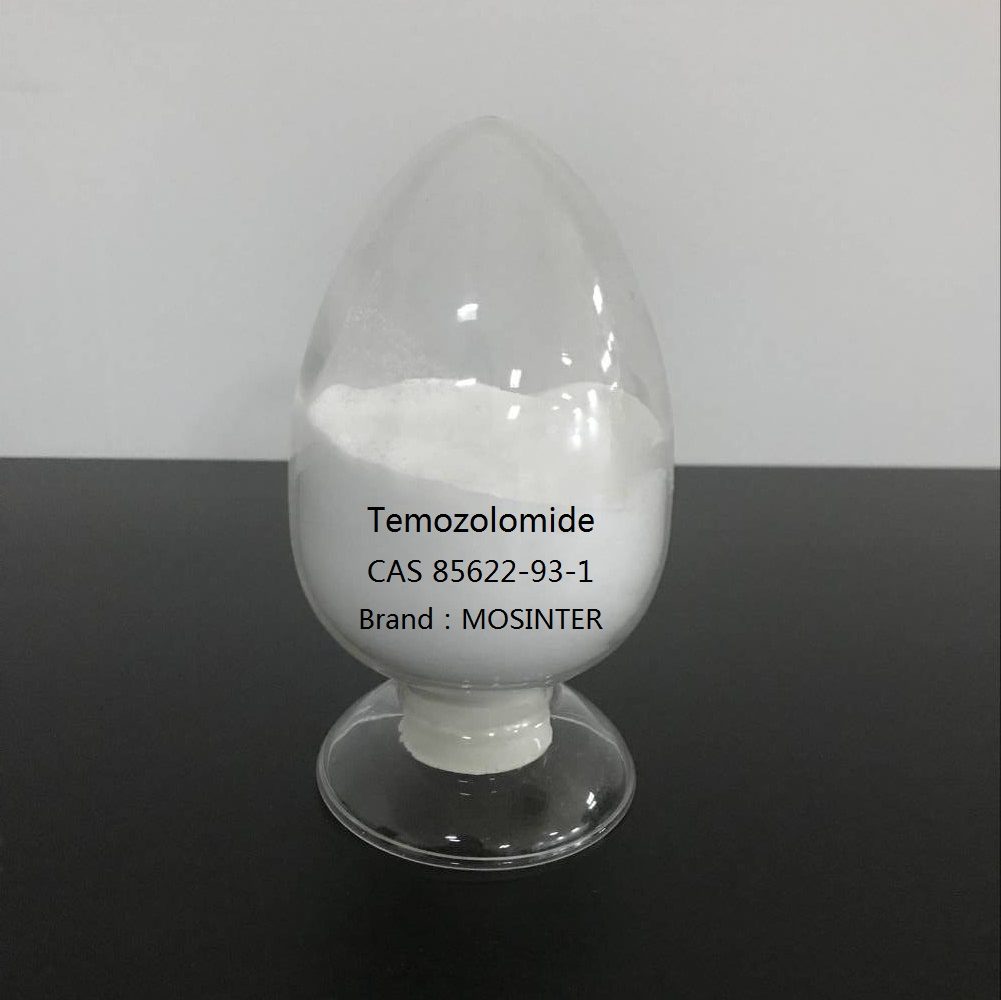
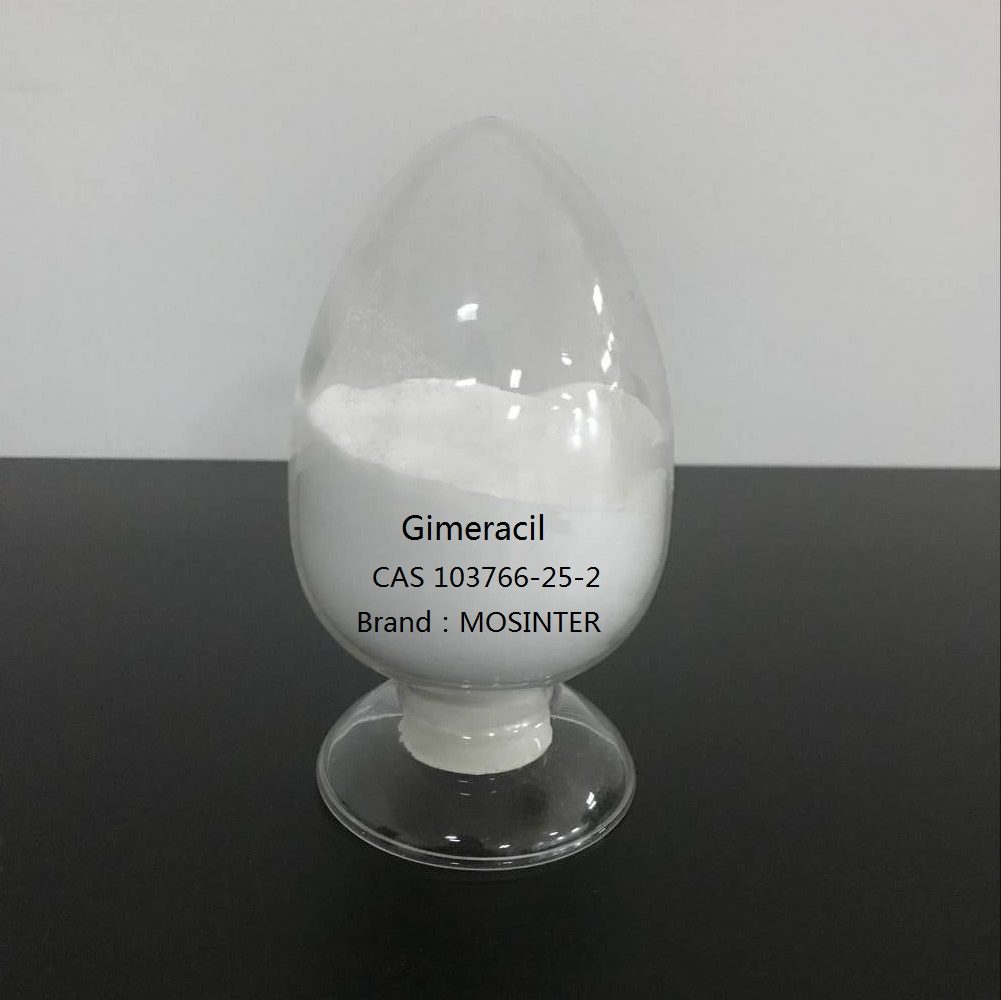
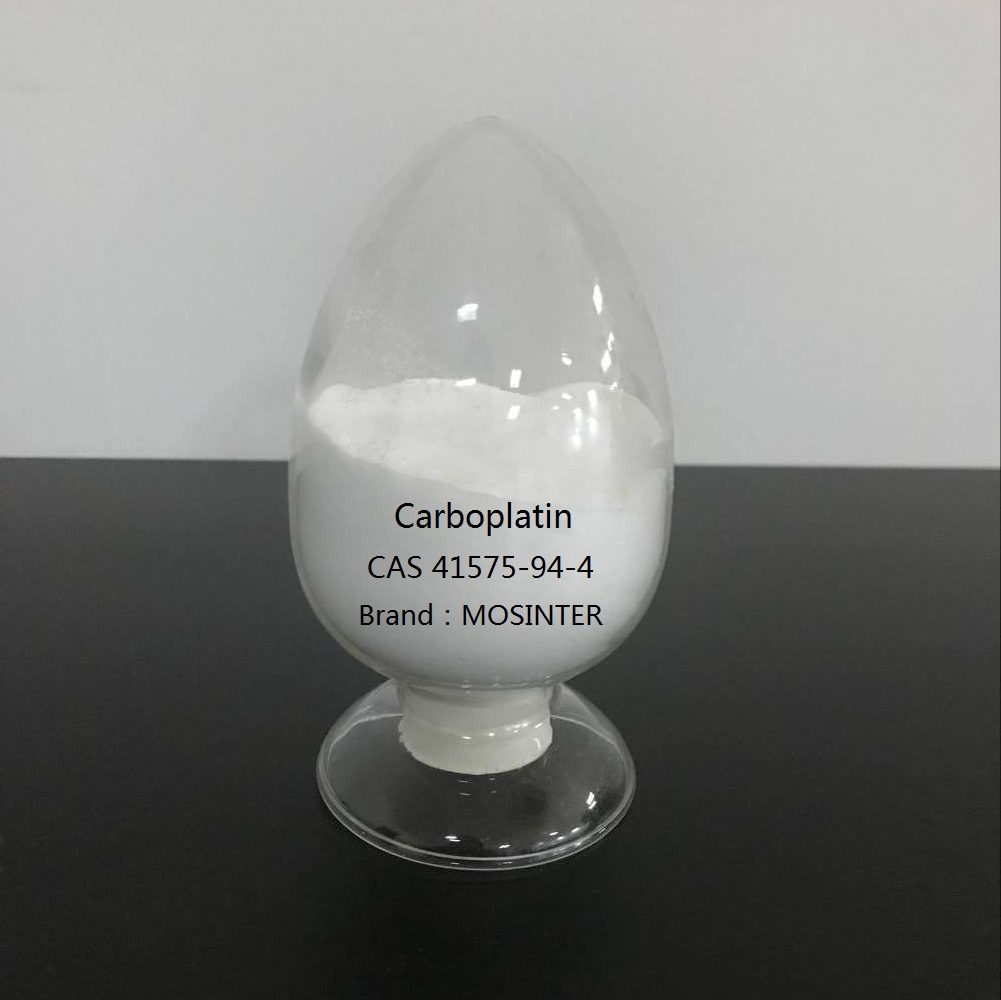
Reviews
There are no reviews yet.